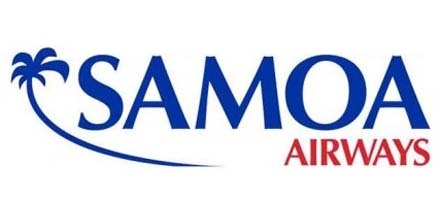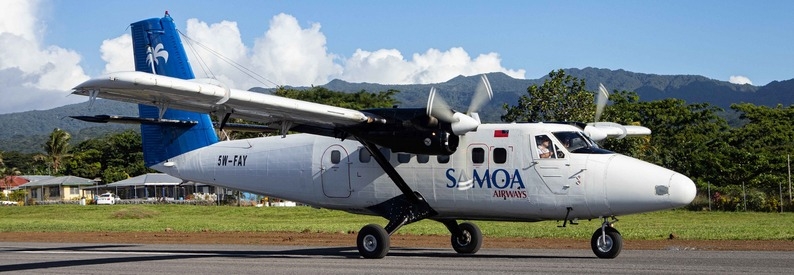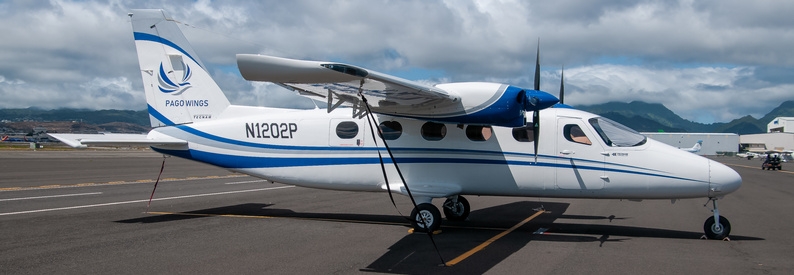Samoa Airways (OL, Apia Faleolo) cancelled all scheduled flights on February 12 and had to charter aircraft from a competitor after 10% of employees tested positive for illegal and prescriptive substances and alcohol.
Samoa Airways told ch-aviation that three employees who tested positive for methamphetamine, amphetamine, and cannabis were stood down pending a final board decision. Six employees who tested positive for alcohol were issued warning letters and retested, with results still pending. The testing was conducted in Samoa by the Scientific Research Organisation of Samoa (SROS) as part of the carrier's drug and alcohol testing policy.
A pilot who tested positive for a prescriptive drug (sleeping pills) was also stood down, was retested and returned a negative result, and has resumed duties. CEO Fauo'o Fatu Tielu told the Samoa Observer that standing down the employees, combined with others who were off sick or on leave, meant he lacked the staffing to operate the day's scheduled flights.
“One of our pilots tested positive and two pilots were on sick leave, another is on annual leave, another didn’t have enough hours to fly, so we had to charter Talofa Airways (Apia Faleolo) and it cost us USD30,000,” he said.
Samoa Airways operates two DHC-6-300s and flies from Apia Fagali'i and Apia Faleolo to Pago Pago in American Samoa. It also connects Pago Pago with Fitiuta and Ofu, both in American Samoa. Fauo'o said that given the carrier's role as the local ground handler for operators such as Air New Zealand (NZ, Auckland International) and Fiji Airways (FJ, Nadi), it was important to maintain a safe workplace and high standards. He said the decision to disclose the results demonstrated transparency and accountability.
"At Samoa Airways, we prioritise safety above all else," the carrier's statement reads. "Recent flight cancellations, while inconvenient, are a testament to our commitment to maintaining the highest safety standards. "Our commitment to safety extends to our partner airlines, who rely on us to maintain the highest standards of operational safety."


